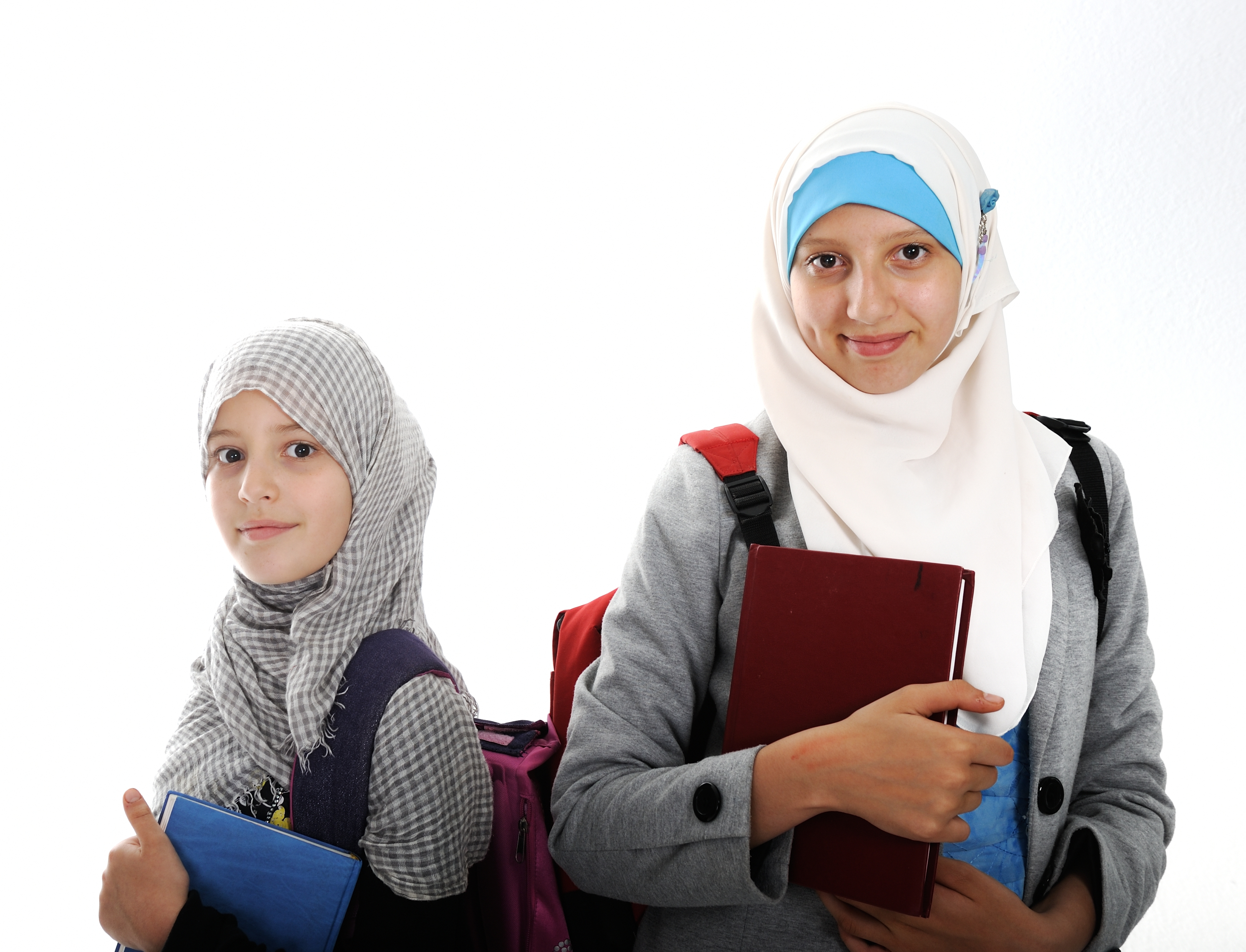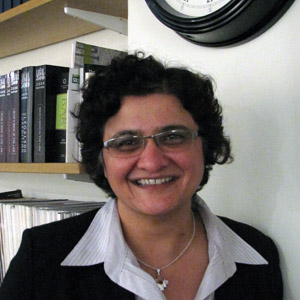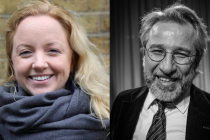T-VINE recently published an article about a landmark ruling in the European Court of Human Rights in the case of Osmanoglu and Kocabas v Switzerland (Application No 29086/12).
This case concerns Muslim parents of Turkish heritage living in Switzerland who did not grant their daughters permission to attend mixed sex swimming lessons. These lessons were part of the national curriculum in Switzerland and were compulsory.
The European Court of Human Rights (EHCR) acknowledged that the human rights of the parents were being interfered with. However, the judges decided that this did not amount to a violation of their human rights. In particular, the court found that the school had tried to negotiate and make reasonable adjustment for the students, for example, allowing them to wear a burkini. The school therefore gave precedence to the school’s curriculum, the public interest of following that curriculum and the children’s interests in integration within the Swiss education system rather than the parent’s private and religious objections.
Where ‘interference’ in a human right is legally permissible, a school does not have to retract from its position
The ruling is significant because it confirms, where ‘interference’ in a human right is deemed legally permissible, then the school will not have to retract from its position.
In its judgment, the Court emphasised that “school plays a special role in the process of social integration, particularly where children who are foreign are more concerned.”
The ECHR chamber laid down guidance on the issue, having “observed that the children’s interest in a full education, facilitating their successful social integration according to local customs and norms, took precedence over the parents’ wish to have their daughters exempted from mixed swimming lessons and that the children’s interest in attending swimming lessons was not just to learn to swim, but above all to take part in that activity with all the other pupils, with no exception on account of the children’s origin or their parents’ religious or philosophical convictions.”
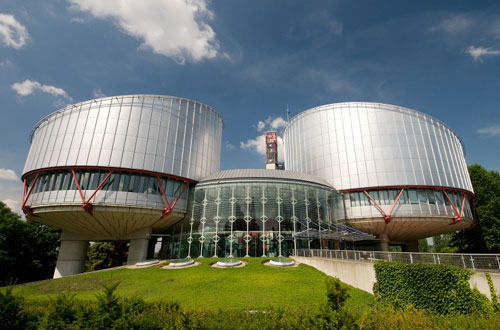
Crucially, the Court did acknowledge that there was an interference in Article 9 of the Human Rights Convention; the right to freedom, conscience and religion. However the ECHR decided that the school’s actions did not amount to a violation of this right.
Essentially, in education matters, students and parents can put forward arguments regarding their human rights being interfered with and even if true, due to the decisions and actions of a university or a school, such a violation has taken place unless the right in question is an absolute one, such as the right to life or the right to be free from torture, interference can be legally justified.
The UK’s Human Rights Act 1998 ensures human rights are protected Britain. The Act incorporates the European Convention on Human Rights and rulings by the ECHR are applicable. However, there have been cases in Britain where legal arguments have been presented to counter ECHR decisions, suggesting that British courts are not legally bound by EHCR rulings, but should merely take these into consideration.
British courts must consider, but are not legally bound by EHCR rulings
In 2006, the House of Lords – then the highest court in the Britain – heard the case of Shabina Begum (pictured below). Begum was sent home from school and later excluded for wanting to wear a jilbab (a full-length outer garment, also covering the head and worn in public by some Muslim women) to school in line with her religious beliefs. While the Court of Appeal ruled that there was a violation of her human rights, the House of Lords (now the Supreme Court) overruled that decision, stating that Denbigh High School, which Begum attended, had gone to extraordinary lengths to implement a uniform policy that made allowances for students to dress according to their faith. While a jilbab was not part of the policy, a shalwar kameez (trousers and tunic) was allowed.
Begum argued that this “did not satisfy Islamic clothing”. The Judges ruled against Begum stating that her eventual two years out of school was not due to the school’s actions, but due to her own unwillingness to comply with the uniform policy. Additionally there were two schools that were within a short distance of Begum’s school, which did permit students to wear the jilbab. Begum, the Judges argued, could have moved to one of these.
The following year, Britain’s landmark ruling in the Shabina Begum case helped determine another, this time affecting a student of Christian faith. In 2007, Lydia Playfoot, then aged 16, argued that Millais School had violated her human rights by not allowing her to wear a “purity” ring.
The school argued that this was against the uniform policy, citing the Begum case. Playfoot challenged this, claiming it was unfair given that other students were allowed to wear veils and bracelets in accordance with their religious beliefs under the policy. The Judge rejected her arguments, stating that she was under no obligation, by reason of her belief or religion to wear the ring, and so her human rights had not been violated.
“Students who have not committed any crimes are being treated as suspects.”
Alongside possible human rights violations are concerns that British Muslim students are increasingly being singled out at schools and colleges because of their faith. The UK Government’s Prevent strategy aims to safeguard students from being radicalised. It sets down guidelines for teachers on their statutory duties as part of the Counter Terrorism and Security Act 2015, which have resulted in many schoolchildren and students being racially profiled and unfairly discriminated against.
There have been instances of university students being questioned on suspicion of terrorism, even though they were committing no crime, but were merely reading or listening to Arabic books and music. In another recent case at King’s College London, students were warned that by using their university emails, they were consenting to these being retained and monitored as part of the government’s Prevent programme to stop radicalisation on campuses. In response, its Student Union claimed: “Students who have not committed any crimes are being treated as suspects.”
In another case, a local education authority in England was taken to court after a mother accused them of discriminating against her two sons. Their teacher had referred the boys, aged five and seven and of mixed Indian-Middle Eastern heritage, to the police for bringing in a toy gun to school.
The children’s mother started legal proceedings against the school and local council arguing that no white child would have been referred to the police for owning a toy gun. Last year, Central Bedfordshire council admitted the children were racially discriminated against and agreed to pay damages. It also admitted breaching their human rights in the way information about the staff’s suspicions was handled by the school.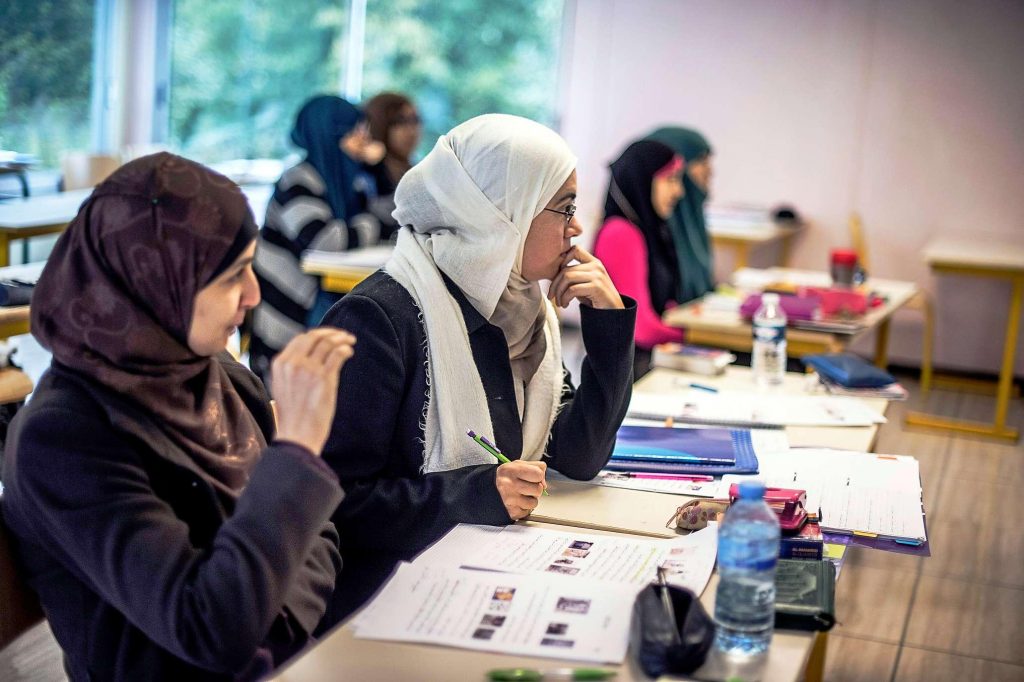
Sadly, such cases are not isolated and are likely to increase. The on-going fight against terrorism coupled with court rulings that state European education values prevail over an individual’s religious beliefs means many more pupils and families will find themselves unfairly under the spotlight and feeling like their human rights have been trampled on.
It’s important to bring these issues out into the open, helping to inform the current discussions taking place among British Muslim communities, including those of Turkish heritage, and to help parents and pupils take appropriate action if and when they are affected.
British educational establishments are mindful of their legal responsibilities not to discriminate, and on the whole their aim is to provide an inclusive environment for students irrespective of their ethnic or religious backgrounds.
From a school’s point of view, a uniform policy, for example, provides for a level playing field among students. It reduces the school’s need to reprimand students for inappropriate dress and most importantly promotes equality among students within the education environment. This ideal, along with integration, is a positive for students, particularly those who have recently migrated and are struggling to fit in. Parents must think of this aspect too, before challenging such decisions.
Similarly, Muslim families in Britain must now consider the very real possibility that where their views and religious beliefs clash with the education system, the interests of the children integrating within the education system will be the prevailing legal consideration. It’s important, therefore, to carefully weigh up whether the act of a school or university is in fact a violation of an individual’s human rights or forms some form of racial or religious discrimination, and whether substantial evidence exists to support such claims.
The first thing to consider is whether the school is providing a suitable alternative. Look to see whether they are being reasonable and engaging with you in negotiating or explaining their position and giving robust reasons for the decisions. Investigate whether there is a suitable school nearby which has a different approach and whether transferring schools is a possibility. Finally if all negotiations have failed, seek legal advice to determine other avenues you could take, including mounting a legal challenge.
At Match Solicitors, we deal with all issues relating to education on a daily basis. We also have specialist staff fluent in Turkish. If you consider that you have a case against a school or a university or any other dispute, please contact us directly where we will be happy to assist you.
Salima Mawji is a director at Education Law specialists Match Solicitors, recognised as one of the UK’s leading lawyers in further and higher education. Described in Chambers UK as “very effective”, she has a very high success rate in internal university appeals. Salima regularly speaks at high-profile events and is a commentator for national media, most recently appearing on ITV’s Exposure: Undercover Colleges.

